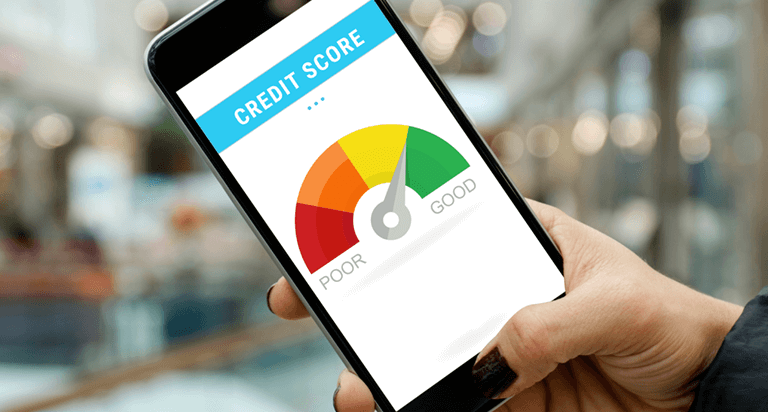
Why Your Credit Scores May Drop After Paying Off Debt
Paying off debt doesn't always improve your credit score. Read about the factors that impact your credit and why paying off debt may lower your credit score.
What is a credit score and why does it matter? Your credit scores play a critical role in your ability to access credit, so it's important to understand how your actions may -- or may not -- impact your credit scores. Lenders and creditors often use credit scores to help determine the likelihood that someone will pay back what they owe on loans, credit cards and mortgages. Higher credit scores generally result in more favorable loan terms and lower interest rates. Understanding the facts about what will and won’t help credit scores is a good first step.

Paying off debt doesn't always improve your credit score. Read about the factors that impact your credit and why paying off debt may lower your credit score.

There’s a right way and a wrong way to go about getting out of a lease. Learn how leaving a lease early could affect your credit history.

In the gig economy, companies rely on independent contractors instead of traditional employees. Discover what you can do to improve your credit scores as a gig worker.

Refinancing your mortgage can be a great way to lower your interest rate and reduce your monthly mortgage payment, but it can also impact your credit scores.

See how your credit score compares at every age. Credit scores play a part of your finances and overall financial health, and as with many things, they can change with age.

Understand more about the VantageScore® and learn how payment history, credit use and more are used to calculate a VantageScore credit score.

Checking your credit score is a great way to monitor your financial health. Wondering how to check your credit score? Get advice from Equifax®!

Higher credit scores mean you have demonstrated responsible credit behavior in the past, which may make potential lenders and creditors more confident when evaluating a request for credit.

Your credit scores are important numbers in your financial life because higher credit scores generally result in more favorable credit terms. How does your credit score compare with the average credit scores in your state?

Wondering about credit score ranges and where yours is on the scale? Learn more about the total range of credit scores and your credit score.

Credit scores play an important role in lending decisions. Here are five things to consider that may hurt your credit scores.

Having a good credit score can save you a lot of money in lower interest rates and also improve the likelihood of qualifying for financing.